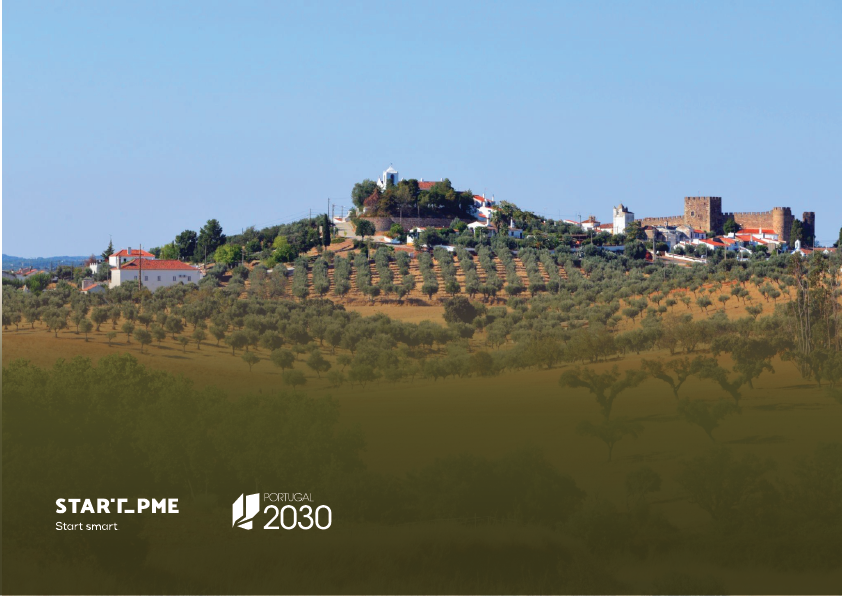Project Description

Territorially Based Investments: Innovation and Modernisation to Increase Production and Create new Companies and Businesses
Portugal 2030
The Territorial Based Investments incentive is part of PT2030 and is intended to be a lever for the modernisation and innovation of SMEs. With maximum funding of 250.000 euros, this incentive aims to encourage the creation of new companies in Portuguese territory and the growth of existing SMEs by investing in new projects and diversifying their production.
Support Status
Open
Financing
Up to 300.000.00€
Territory
Mainland Portugal
Eligible Entities
Micro Businesses
Small Businesses

Territorially Based Investments: Innovation and Modernisation to Increase Production and Create new Companies and Businesses
Portugal 2030
The Territorial Based Investments incentive is part of PT2030 and is intended to be a lever for the modernisation and innovation of SMEs. With maximum funding of 250.000 euros, this incentive aims to encourage the creation of new companies in Portuguese territory and the growth of existing SMEs by investing in new projects and diversifying their production.
Support Status
Open
Financing
Up to 300.000.00€
Territory
Mainland Portugal
Eligible Entities
Micro Businesses
Small Businesses





